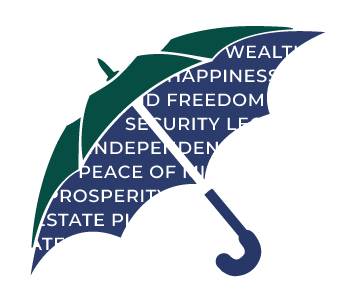Life expectancy is increasing
The good news? Life expectancy is increasing. While there is no bad news for that statistic, it can make planning for retirement more tricky. Here are some things to consider before retiring:
Have An Income Plan:
How much money will you need and where will it come from? While you are in the prime of life and working, you can count on money coming in steadily, at least that is the hope and goal. After retirement, that changes and the lack of certainty can be scary. Your money will still have to grow in order to pay for necessities and support your lifestyle. A strong income plan should include:
a.) A list of guaranteed sources of retirement income, such as Social Security.
b.) A list of retirement savings and investment accounts, such as a traditional IRA or 401(k).
c.) Any other guaranteed sources of income.
Do What You Can To Maximize Your Social Security Income:
There are many strategies when it comes to claiming Social Security and you need to know which is best for you. Maybe you will want to draw benefits earlier and allow your investments to grow, untouched, or perhaps it is best to wait as long as possible, drawing on investments instead and allowing your Social Security benefits to grow. Often, claiming benefits too early can mean a significantly lower amount in your pocket. That does not mean that you should or must wait as long as possible, but you will want to have assistance in assuring that you gain the most out of Social Security, by claiming when and how it is most optimal.
Predict Potential Medical Expenses:
Obviously no one can predict the future with 100% certainty but if you have particular health conditions or concerns, you will want to keep them in mind as you plan. Evaluate your health and then make sure that preventive care is always on the calendar and that your diet and exercise programs are strong, so that you can continue to be strong. Long Term Care and Health Savings Accounts (HSA) are two strategies to consider when thinking about health issues down the road. A longer life does not have to mean a frail, unhealthy life; plan with a full body-psyche balance in mind and let us help you make those extra years robust ones.
Consider Tax Strategies:
Just because you retire and stop earning a paycheck does not mean that the taxes will decrease significantly or go away. If you want to lower your taxes during retirement, then you most likely need to work with a professional, in order to accomplish this both legally and effectively.
Do Not Forget About Estate Planning:
This is not just about a will and this is not just about what happens to your property after you die, a common misconception. It is best to have a plan in place while you are still alive and while you control where and how your estate is managed. Be sure to visit our website, where you can read my blogs, which delve into estate planning in a more in-depth manner. www.pacificfa.com
Decide If You Will Still Want To Work:
Even though this sounds counter-intuitive, it may be that working to some capacity is either desirable or necessary, either for your own personal happiness and contentment, or in order to maintain the lifestyle you have grown accustomed to and are not prepared to abandon.
Find Ways To Cut Expenses:
List your bills and figure out a way to cut them back. Even small savings can add up. For example, many people spend more than $7 on a single coffee drink and the average is anywhere between $3.43-$4.43. Over the space of a year, you can easily spend $1,221 on beverages and--are you ready?--$6,105 over five years! Obviously not everyone is buying that many coffee beverages but it proves that our small expenditures add up. Growing your own fruits and vegetables can not only save money, it can be a rewarding, physically healthy hobby as well.
Stick to the plan!
Finally, stick to your plan! Just as with a new exercise program, it is easy to start and feel confident but then just as easy to slide back into old, often bad, habits. If you work with a planner, someone who can help you with the financial and psychological aspects of retirement, you are bound to have more success in the long-term. Think of it as hiring a trainer: we are there to cheer you on as we help you create a successful strategy, and we will not allow discouragement to become an excuse for quitting! To learn more about these tips, as well as many others, feel free to give us a call or check us out on our website or on social media. We are here to help you make the most out of your retirement, one which will hopefully be longer, healthier, and happier than that of our predecessors.
Warmly,
Kimberly Wolf and Your Team at Pacific Financial Advisors


